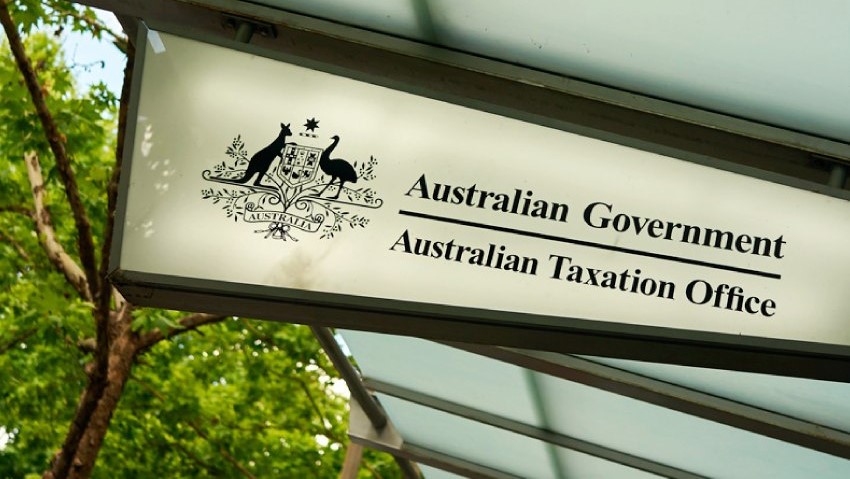In an effort to deal with the unprecedented disruption caused to businesses by the onset of the COVID pandemic, many (well publicised) measures were implemented by both State and Federal Governments to assist businesses survive, and therefore keep people employed. The majority of those measures (jobkeeper/cashflow boost/statutory rent relief /etc) have long since been phased out.
Historically, the ATO has been the creditor with the highest number of Court winding up and bankruptcy applications. When the COVID-19 pandemic began, and consistent with the above assistance measures, the ATO’s debt collection/recovery activity on overdue taxes (all but) ground to a halt.
This position, however, has changed and the ATO has commenced the first steps in the collection of overdue tax debts. In April of this year, it was reported that the ATO was in the process of issuing letters to company directors advising (warning) them of intended action (including issuing director penalty notices (DPNs) (see our previous articles on DPNs)) and encouraging them to get professional advice and take action. Being, of course, true to its word, the ATO has since commenced the process of issuing DPNs (both lockdown and non-lockdown (anecdotally said to be in the order of 200 per week at present, but that is set to ramp up)). While the warning letters/DPNs are directed to company officers, the next step will be to actively pursue the principal debtor (companies/sole traders/partnerships). Now that the Federal election is behind us, we expect to shortly start seeing the ATO issuing statutory demands to debtor companies, which is the first step in the winding up process.
The appointment of external administrators (liquidators/voluntary administrators) has wide and varying impacts to both companies/businesses, as well as their directors personally. This is particularly the case when a business is reliant upon a statutory/regulatory licence (for example construction or labour hire). Often (and certainly, for example, building licences in Queensland) the appointment of an external administrators can result in the directors/officers of the insolvent company being excluded from involvement in the management of those businesses for a period of time, and in certain cases permanently.
If you or your business is experiencing financial difficulties, then it is important that you get advice from specialist advisors without delay. Any decision concerning the appointment of an external administrator cannot be considered/made in a vacuum and needs to have regard for the consequences of that appointment. Even if the appointment of an external administrator is all but inevitable, a fully informed decision needs to be made as to what type of appointment best suits your circumstances and will have the least amount of impact on your future success.
The team at Rose regularly advises clients in respect of these types of matters. If you have any questions in relation to this topic and would like to discuss how this may impact you or your business, please give us a call or complete our enquiry form and we would be happy to assist.
